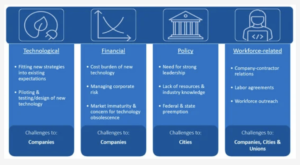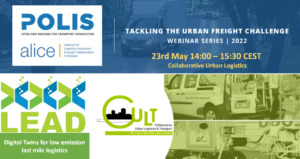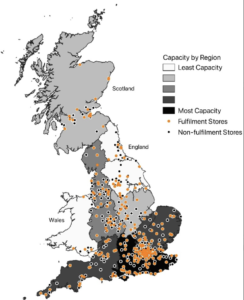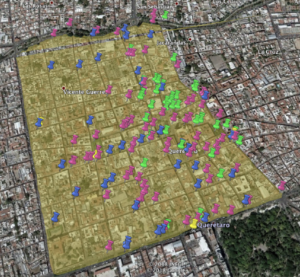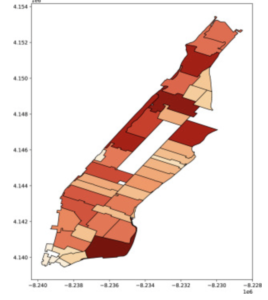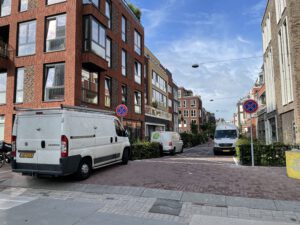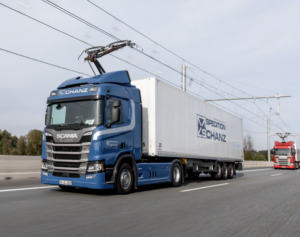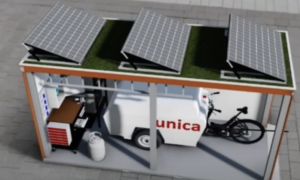Urban delivery company preferences for Green Loading Zones implementation: a case study of NYC
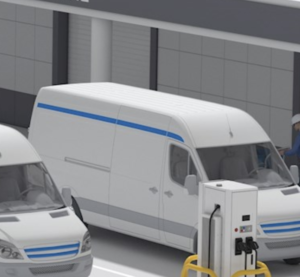
Green Loading Zones (GLZs) are curb spaces dedicated to the use of electric or alternative fuel (“green”) delivery vehicles. Some U.S. cities have begun piloting GLZs to incentivize companies to purchase and operate more green vehicles. However, there are several questions to be answered prior to a GLZ implementation, including siting, potential users, and their …

